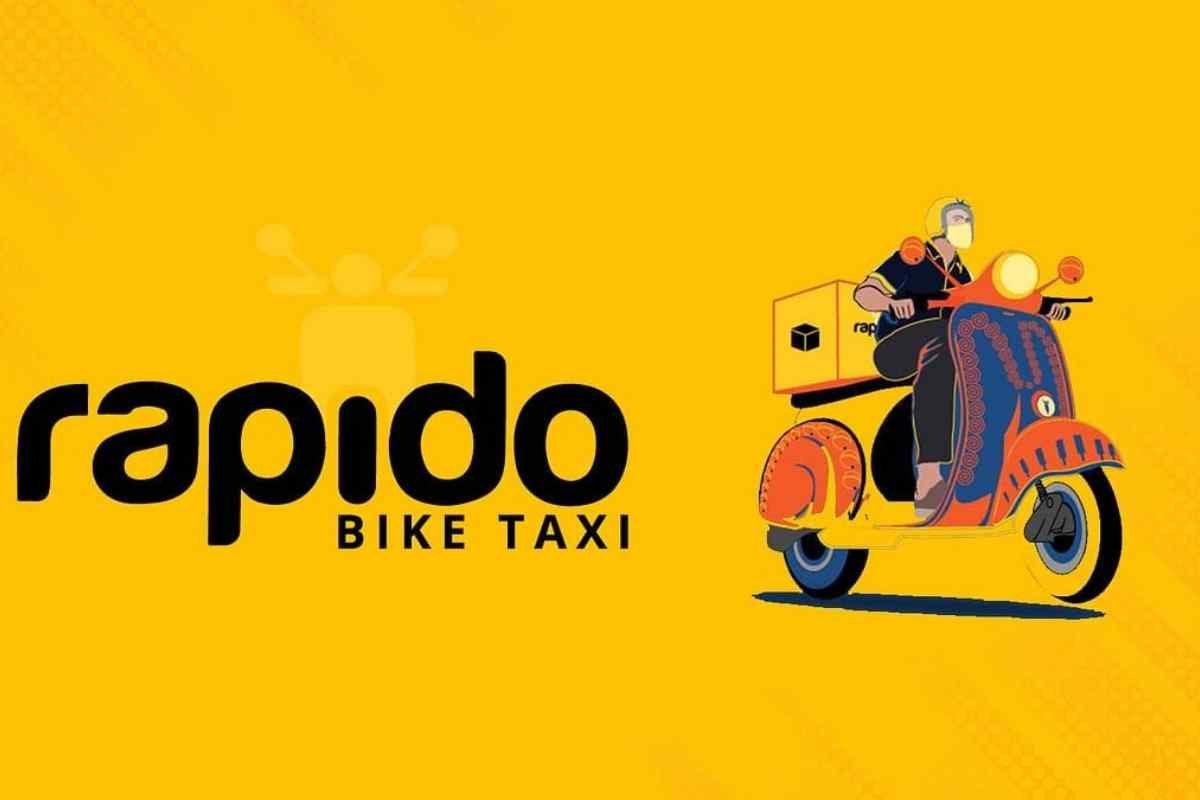Rapido, India’s leading bike taxi app, has transformed urban commuting since its inception, offering a blend of affordability, efficiency, and innovation. This report explores its history, business model, growth trajectory, challenges, and prospects, providing a comprehensive overview for business enthusiasts and commuters alike.
Historical Context and Founding
Rapido was founded in 2015 in Bangalore by Aravind Sanka, Pavan Guntupalli, and SR Rishikesh, initially under the name The Karrier, focusing on logistics. Recognizing the potential in urban mobility, especially given India’s congested streets, the founders pivoted to bike taxi services, rebranding to Rapido. This shift leveraged the widespread use of two-wheelers, offering a faster alternative to car-based taxis. Starting in Bangalore, the company quickly expanded, driven by affordable fares and quick response times, aiming to reduce vehicle numbers on roads through shared rides.
Business Model and Service Offerings
Rapido operates on a B2C model, connecting passengers with ‘Captains’—riders using their motorcycles, scooters, or e-bikes (vehicles not older than 2010)—via a mobile app. The fare structure is transparent: a base fare of ₹20 plus ₹3 per kilometer, as noted in recent reports (Rapido (company) – Wikipedia). This pricing makes it cost-effective compared to traditional taxis, appealing to urban commuters.
Beyond bike taxis, Rapido has diversified. In October 2020, it launched on-demand auto rickshaw hailing, and by 2023, it introduced taxicab services, expanding to logistics during the COVID-19 pandemic for last-mile deliveries. Revenue is generated through commissions, with a small percentage of each ride’s fare shared between the platform and Captains, ensuring mutual benefit. Safety features, such as mandatory helmets and insurance from Acko, enhance user trust, as highlighted in app store descriptions (Rapido: Bike-Taxi, Auto & Cabs on the App Store).
Growth Metrics and Expansion
Rapido’s growth is impressive, reflecting India’s demand for affordable transport. By September 2018, it had over 15,000 registered riders and 30,000 daily rides, scaling to 10 million registered users by November 2019, as claimed by co-founder Aravind Sanka. The company operates in over 100 cities, with a fleet of over 1 million Captains, serving metros, Tier-1, Tier-2, and Tier-3 cities, as per app store data.
Funding has been a catalyst for expansion. In April 2022, Rapido raised $180 million in a Series D round led by Swiggy, valuing it at $830 million. It achieved unicorn status in September 2024 with a $200 million Series E round, reaching a $1.1 billion valuation, and in February 2025, raised Rs 250 crore ($30 million) from Prosus, focusing on operational expansion. This financial backing, coupled with job creation claims of over 500,000 positions, underscores its economic impact.
Challenges and Legal Controversies
Rapido’s growth hasn’t been without hurdles, particularly legal ones. Bike taxis face regulatory scrutiny, as two-wheelers are often not recognized for commercial use under state laws. In 2018, bikes were seized in Coimbatore for operating without permits, and in 2019, the Madras High Court banned operations in Tamil Nadu, later lifted with conditions. Similar actions occurred in Bangalore and Assam in 2019 and 2020, respectively, with bans and seizures due to illegality claims.
These challenges stem from varying state regulations, with Rapido advocating for legal recognition. The Karnataka High Court recently reserved judgment on Rapido’s plea for bike taxi registration, highlighting ongoing efforts to navigate this complex landscape.
Future Prospects and Strategic Direction
Looking forward, Rapido aims to deepen its market penetration and innovate. Plans include expanding the Captain fleet, enhancing app technology for a better user experience, and exploring international markets, though the focus remains domestic. The company is also pushing for regulatory changes to standardize bike taxi services, potentially unlocking new growth avenues.
With a valuation of $1.1 billion and recent funding, Rapido is well-positioned to lead India’s mobility revolution, offering affordable, efficient transport options. Its adaptability, seen in diversifying into autos, cabs, and logistics, suggests a robust future, likely influencing urban commuting trends.
Funding Rounds and Valuations
| Year | Funding Amount | Lead Investor | Valuation | Notes |
| April 2022 | $180 million | Swiggy | $830 million | Series D round |
| September 2024 | $200 million | WestBridge | $1.1 billion | Series E, unicorn status |
| February 2025 | Rs 250 crore ($30M) | Prosus | $1.1 billion | Series E extension |
Rapido’s journey from a logistics startup to a unicorn bike taxi leader exemplifies entrepreneurial resilience. With operations in over 100 cities, serving 10 million users, and creating significant employment, it addresses urban commuting challenges effectively. Despite legal battles, its strategic expansions and recent funding position it to shape India’s mobility future, offering a model for innovative, affordable transport solutions.






